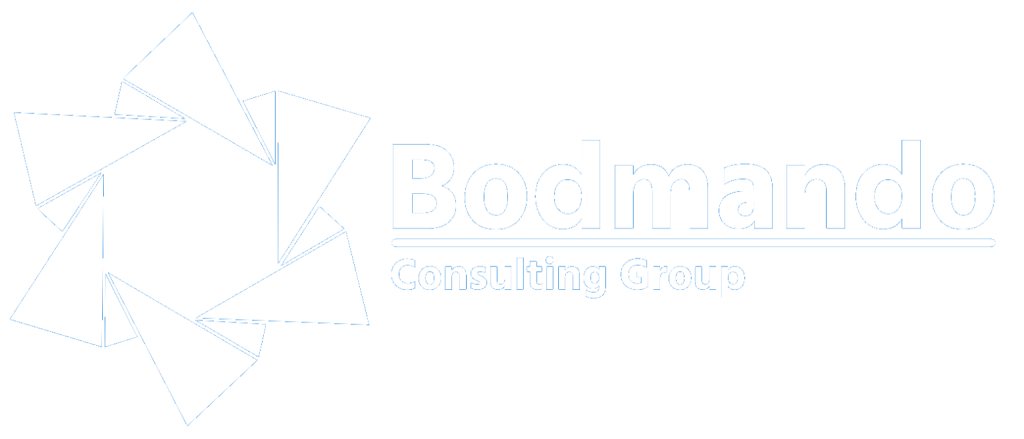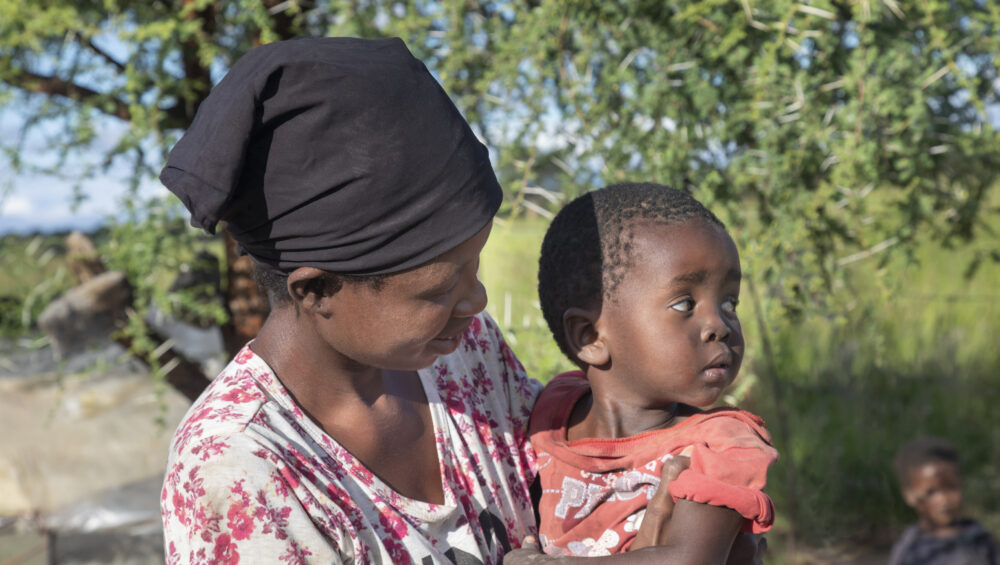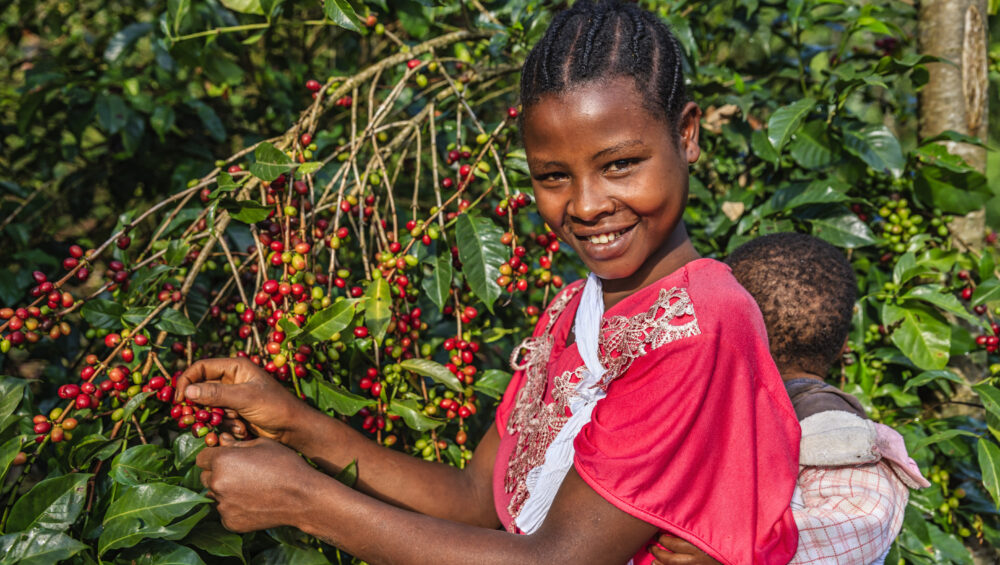Baseline Evaluation of the Bloom Project in Uganda
BASELINE EVALUATION OF THE BLOOM PROJECT IN UGANDA The Bloom Project aims to create a healthy life for children exposed to HIV and their young mothers living with HIV in Uganda. The project is implemented by community-based partners across five districts: Led by Aidsfonds, this initiative focuses on improving the access and quality of HIV care and support services, addressing barriers, and empowering young mothers and children living with HIV. Client Name Aidsfonds – Soa Aids Nederland Country Uganda Technical Area Global Health Year 2023 CASE STUDY BLOOM-UGA-BE-2023 What was the client’s problem? Aidsfonds sought the services of Bodmando Consulting Group to carry out a baseline evaluation of the Bloom project. The main goals of the baseline assessment were; To determine key baseline indicators and benchmark data and to collect general benchmark information about young mothers living with HIV and their children, the demand for and access to PMTCT/HIV treatment and care services, and the indicators formulated for the Bloom project. To provide general benchmark information on the current situation regarding existing government policy/guidelines on young mothers, uptake of (informal) health services at community and facility level, retention rates, and PMTCT/paediatric HIV care. Understand the facilitators and barriers of young mothers and their children in enrolment for eMTCT, HIV care, support and treatment services in the targeted areas. This includes analyzing PMTCT demand and uptake by young mothers living with HIV and creating an understanding of this process and its barriers. Understand the facilitators and barriers faced by young mothers living with HIV and their children in access, utilization and retention in paediatric HIV care in the targeted areas at family, community, and health facility levels. This includes the uptake of informal health services at community and health facility level and the availability of child-friendly services for children living with HIV, the availability of paediatric HIV interventions by government and any other Non-Government Organizations (NGOs). CASE STUDY BLOOM-UGA-BE-2023 What Approach and Methodology did Bodmando Undertake? The baseline evaluation adopted a comprehensive, mixed-methods approach, combining both qualitative and quantitative research methods to gain a deep understaanding of the context and challenges faced by young mothers living with HIV. Key components of the approach included: To determine key baseline indicators and benchmark data and to collect general benchmark information about young mothers living with HIV and their children, the demand for and access to PMTCT/HIV treatment and care services, and the indicators formulated for the Bloom project. To provide general benchmark information on the current situation regarding existing government policy/guidelines on young mothers, uptake of (informal) health services at community and facility level, retention rates, and PMTCT/paediatric HIV care. Understand the facilitators and barriers of young mothers and their children in enrolment for eMTCT, HIV care, support and treatment services in the targeted areas. This includes analyzing PMTCT demand and uptake by young mothers living with HIV and creating an understanding of this process and its barriers. Understand the facilitators and barriers faced by young mothers living with HIV and their children in access, utilization and retention in paediatric HIV care in the targeted areas at family, community, and health facility levels. This includes the uptake of informal health services at community and health facility level and the availability of child-friendly services for children living with HIV, the availability of paediatric HIV interventions by government and any other Non-Government Organizations (NGOs). CASE STUDY BLOOM-UGA-BE-2023 What value did bodmando unlock? The baseline evaluation of the Bloom Project provided crucial insights that shaped the project’s strategic implementation. By identifying key gaps in HIV service delivery, such as inadequate youth-friendly services and poor integration with maternal and child health, the evaluation enabled targeted improvements. It addressed social and cultural barriers like stigma and gender inequality, informing community-based interventions that empower young mothers. Additionally, the evaluation established baseline data for future impact measurement, ensuring ongoing refinement and effectiveness of the Bloom Project’s interventions. Through a participatory approach, the evaluation empowered the target population, fostering trust and engagement between the project team and the community Figure showing participants in a validation workshop for the baseline evaluation findings of the Bloom HIV/AIDS project in Uganda. CASE STUDY BLOOM-UGA-BE-2023 What value did bodmando unlock? The baseline evaluation of the Bloom Project provided crucial insights that shaped the project’s strategic implementation. By identifying key gaps in HIV service delivery, such as inadequate youth-friendly services and poor integration with maternal and child health, the evaluation enabled targeted improvements. It addressed social and cultural barriers like stigma and gender inequality, informing community-based interventions that empower young mothers. Additionally, the evaluation established baseline data for future impact measurement, ensuring ongoing refinement and effectiveness of the Bloom Project’s interventions. Through a participatory approach, the evaluation empowered the target population, fostering trust and engagement between the project team and the community




